Tenant screening plays an essential role in keeping your property safe and secure for existing tenants. While approving an application brings you one step closer to signing a new…
continue reading
Sample Consolation Letters
-

Sample Letter of Consolation Template
download now -

Simple Consolation Letter Template
download now -
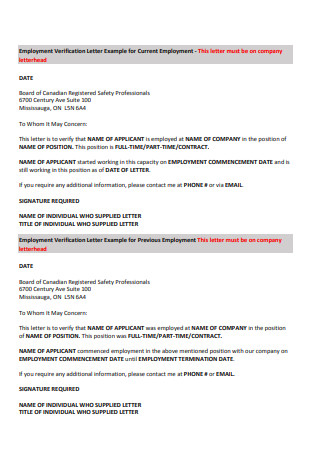
Employment Verification Letter Example for Current Template
download now -
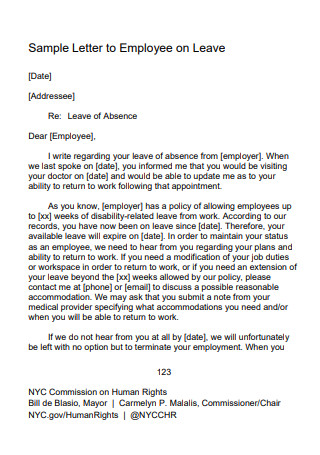
Sample Letter to Employee on Leave
download now -

Sample Income Letter for Employee
download now -
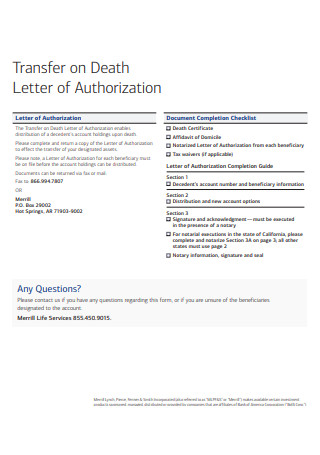
Transfer on Death Letter of Authorization Template
download now -
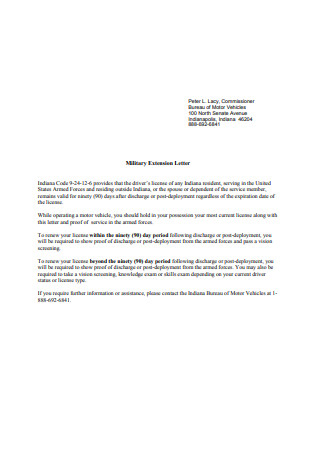
Military Extension Letter
download now -

Sample Customer Notification Letter Template
download now -
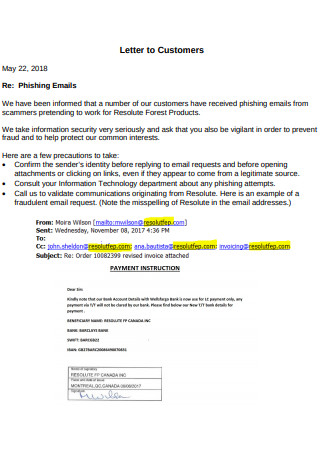
Basic Letter to Customers
download now -

Special Consideration Letter
download now -
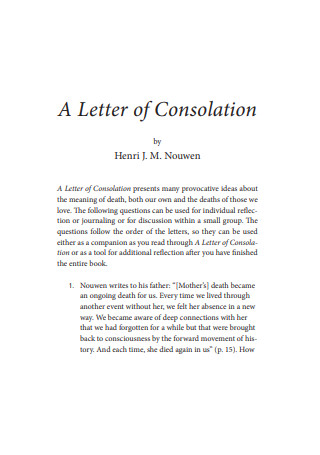
Formal Letter of Consolation
download now -

Standard Letter to Our Customers Template
download now -
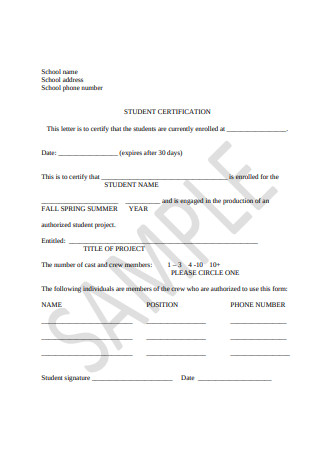
Student Certification Letter
download now -

Student Sponsorship Request Letter
download now -
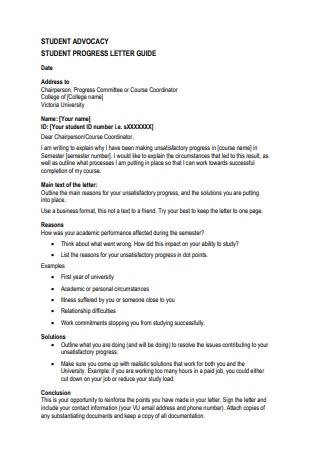
Student Progress Letter
download now -
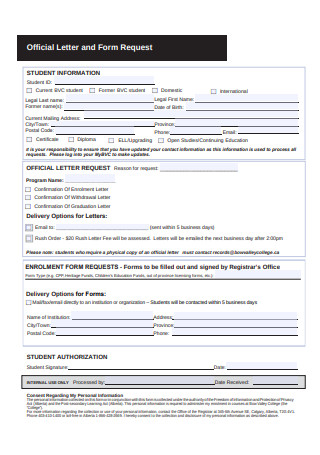
Official Letter and Form Request Template
download now -
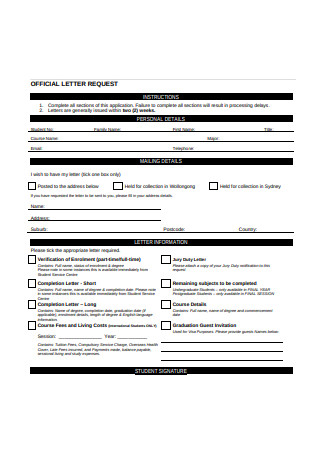
Sample Official Request Letter Template
download now -

Sample Letter to Elected Officials
download now -
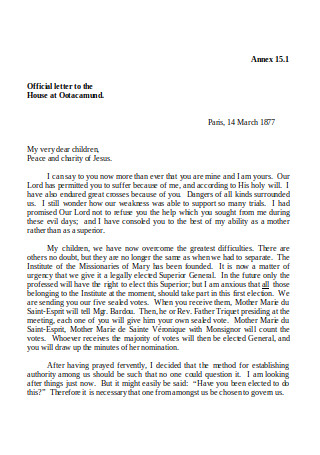
Official House Letter
download now
What Is a Consolation Letter?
A letter of condolence is a note expressing compassion. It can be an excellent solace for those who have lost a loved one. A condolence letter is a straightforward but meaningful way to let somebody know they are in your thoughts during a difficult time.
Benefits of Consolation Letters
It is simple to purchase a mass-produced sympathy card from a local store, but writing your personal, sincere words is often more meaningful. A condolence card demonstrates to the bereaved that you care about them. Taking the time to compose a letter can soothe a suffering individual. Also, writing a personal letter allows you to share a special memory of the deceased. You can also use this chance to offer conversation or assistance in the coming weeks and months. Also, The length distinguishes a condolence letter from a sympathy memo. For instance, a note may contain a few sentences, whereas a letter may contain several paragraphs. Your preference will depend on the nature of your relationship with the individual. You may need to say much more once you begin writing a file note.
Five Stages of Grief
Before investigating the benefits of grief counseling, it can be helpful to discuss the nature of grief and its key phases. Although these are prevalent among the bereaved, it is important to concede that they are not always linear. Different individuals may experience them in a separate order, or they may skip a stage or return to the exact one multiple times. Nonetheless, understanding these stages can be a starting point for comprehending the emotions that some individuals may experience during grief. Regardless of the stage you see yourself in, a therapist can assist you in moving on in the rehabilitation process.
Tips to Help a Grieving Friend
We find it challenging to comprehend what to do when a buddy loses a loved one due to mortality. We hope that by saying the correct thing, we can “take the pain away.” Nevertheless, this is not how grief works. There are no “right words,” and the suffering cannot “go away.” Grieving is unavoidable; there is no way around it; one must go through it. The journey through grief can be challenging for the grieving individual and their friends who witness that individual’s sorrow. Grief is a typical and natural response to loss, including the demise of a loved one, the loss of a job, a divorce settlement agreement, the loss of a residence, a relocation, and any other losses we may experience. Working through grief entails accepting the loss, experiencing the agony of that loss, and forging a new bond or relationship with the deceased individual. If you are intrigued, here are some suggestions for consoling a grieving friend.
1. Permit Your Friend to Be Sad
Grief is the most difficult emotional labor a person will ever endure. Our culture frequently rushes individuals through their mourning. One of the most fabulous presents you can give a grieving friend is to remain by their side in silence and listen to “the story.” For a suffering individual, the need to recount what transpired is intense and can be therapeutic. Sitting does not mean listening without interest but not racing through a story you may have already heard. The value of telling a narrative report is not to impart information to the listener; the deal is for the storyteller. In describing the tale, the narrator affirms what occurred and expresses their emotions.
2. Accept the Individual’s Emotions
No emotions are incorrect; they are. A person’s grief can sometimes be overwhelming. Anger, guilt, sorrow, and loneliness can be upsetting and unsettling for you and the grieving individual. One of the most significant messages is that various emotions are regular, and your friend is not alone in experiencing them. Remind them of your willingness to support and listen to their feelings.
3. Do Something for Your Grieving Companion
Offer specific assistance, such as lawn mowing, snow removal, or meal preparation. Remember that the individual is overwhelmed with emotions and practical task reports. They may need help to set priorities and reach out, so being specific about how to assist is a beautiful way to help the individual. Also, writing letters to the deceased, keeping journal reports, and visiting the gravesite are all methods to give voice to feelings. This intonation is therapeutic for the grieving process.
4. Listen without Judgment
Remember that every loss is different and that the experience depends on various factors, including who died, how, the nature of the relationship with the deceased, religious and cultural background, gender, and other stressors in the grieving person’s life. Unknown to you, these factors will influence your friend’s grief. Listen without criticism or judgment. Everyone needs a compassionate companion. Sharing stories and memories is also therapeutic and aids in the grieving process. Share, if appropriate, one of your anecdotes about their deceased loved one. Saying the dead person’s name aloud is often soothing to the individual who has suffered a loss.
5. Remember the Value of Presence
You may depart a friend’s home with the impression that you said and did little, but your presence spoke volumes. Your physical and emotional presence is of immeasurable assistance to your friend. Additionally, merely showing up for someone can be much more powerful and meaningful than words. No magical remedies or words exist. You cannot remove the person’s suffering or alleviate their anguish, but you can help them feel less alone.
How to Write a Consolation Letter
You might not know the protocol if you have yet to mail a condolence letter. We’ll clear up any confusion for you. Whether or not it is proper to send a sympathy letter is a significant item that people frequently worry about. You could be concerned that delivering condolences might be inappropriate, for instance, if someone who lost a loved one was a coworker or a passing acquaintance. Or, if you didn’t know the deceased well, you might be worried. If it has been over two weeks, you shouldn’t feel your window has passed. It’s always possible to lend a hand. When writing a sympathy letter, having rules to follow can be very helpful.
1. Hand-Write Your Letter
There is something significantly more meaningful about handwriting and mailing a letter. A letter samples or email that is composed and printed can feel cold and impersonal. Choosing a lovely card or piece of stationery and setting pen to paper demonstrates thoughtfulness. People often feel compelled to refrain from mentioning their names when someone dies. They do not wish to cause the deceased’s loved ones grief. Therefore, they avoid using the deceased’s name altogether. In actuality, this can cause more suffering for loved ones. Even if it hurts, most people want to speak about and hear about their deceased loved ones.
2. Keep Your Note Concise and Direct
Individuals in mourning appreciate receiving condolence letters. However, they may need more emotional strength to peruse several pages of text. Two paragraphs are more than sufficient. Whenever possible, attempt to send it within three days of the person’s passing. Even if you need help with writing, you should do your best. It’s crucial to send it promptly. Sending it a month or two later will give the impression that it was of minimal importance. A few months later, you can always send a note to let them know you’re still thinking about them.
3. Speak about the Deceased in Specific Terms
People may also avoid mentioning particulars about the deceased. But we want to be reminded of the positive aspects of our deceased loved ones. Please enumerate some specific characteristics of the dead. You have likely heard of them even if you do not know them. You can write about their generosity or their skill. If you did know them, you could also share a memorable experience with them. Including these intimate details will make your letter of condolence feel more meaningful. And it enables the bereaved to understand the significance of their loved one to others.
4. Offer Specific Help
Almost everyone has said, “Please let me know if there is something I can help,” to a mourning friend. This seems like a good gesture, yet you’re forcing the bereaved to seek assistance. They could be hesitant to ask you for something in particular. Or they might ask you for help with a task list you cannot do. It could be challenging to distinguish between those who genuinely want to assist and those who say it to be heard. Offer them particular services instead that you are willing to perform for them. You can do them a favor by dropping them some food or taking their kids for a few hours on the weekend. The bereaved can embrace these concrete offers of assistance.
FAQs
How do you comfort someone online?
If you cannot support a friend in person but observe that they are struggling online, try private messaging or video chatting. Inquire about their well-being and express your concerns.
What’s another way to say sincere condolences?
Commiseration, compassion, pity, and sympathy are common synonyms for condolence.
Is it okay to text someone who is grieving?
In reality, you are not required to leave a lengthy voicemail or send a card with pages of text. Occasionally, a brief and pleasant text message is sufficient. Text messages offer a method to reach out to a grieving person who may not want to speak during a difficult time.
The bereavement process can be challenging for children and adults, but you must recognize that you are not alone. If you’re curious about how you might benefit from grief counseling, contacting a qualified therapist — online or in person — may be a helpful next step in your recovery.

